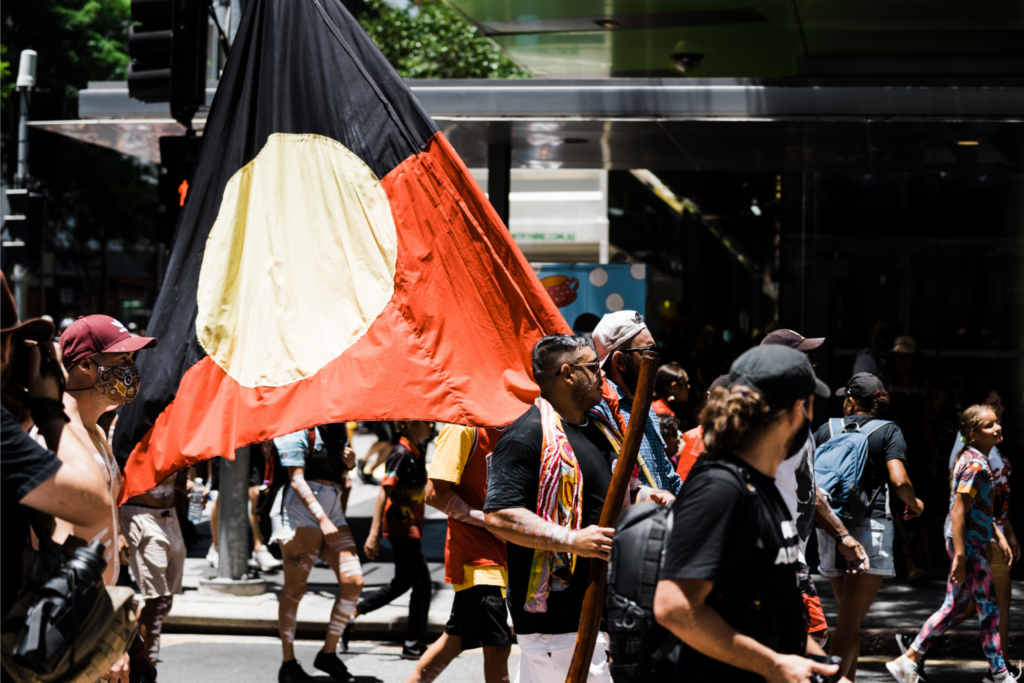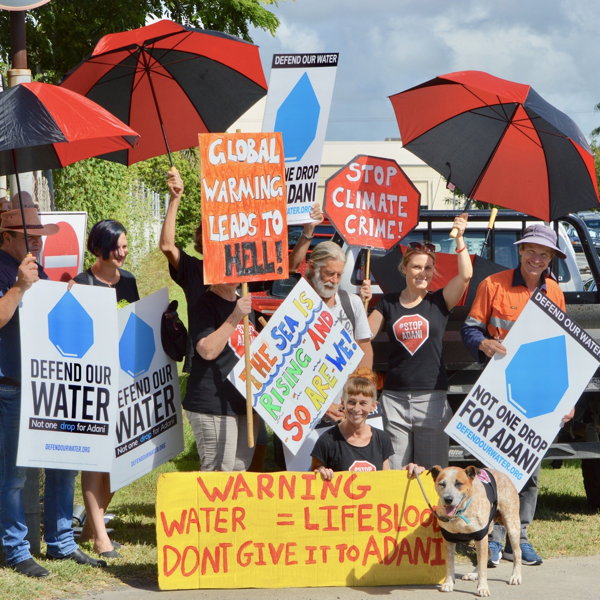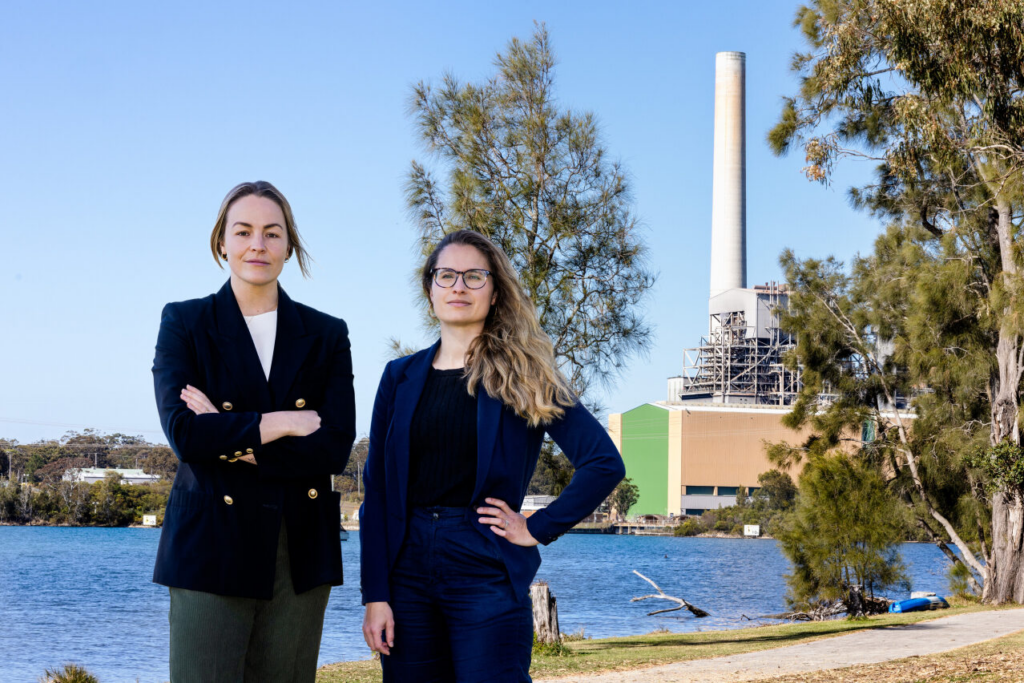Do you know Australian law is lagging behind its international counterparts in protecting human rights?
And that your right to live in a healthy environment is not protected at all in Australia?
Different states and territories have different approaches and regimes, which means there’s not a consistent approach to protecting human rights.
And Australia is becoming increasingly isolated internationally as a nation without domestic federal recognition and protection of human rights.
That’s why lawyers from Environmental Justice Australia have just addressed a Commonwealth Parliament Inquiry into Australia’s human rights framework.
They asked the committee to create a national human rights framework to protect the following rights:

Environmental rights
The Right to a Safe, Clean, Healthy, and Sustainable Environment is recognised in law by more than 80 per cent of members of the United Nations but has yet to be enshrined in Australian law.
EJA supports the Australian Human Rights Commision’s position that other universally recognised human rights cannot be truly protected without first ensuring the right to a safe environment.
Australia voted in the UN General Assembly to recognise the right to a safe environment as a distinct protected category.
Rights of First Peoples
First Nations Australian’s have deep, unique and enduring relationships with the lands, waters and biodiversity of this continent.
But in many instances, the right to enjoy and maintain culture and relationships with Country is not protected at State and Federal levels.
That’s why the distinct cultural and environmental rights of Australia’s First Peoples should also be enshrined in law.
This process should include deep consultation with First Nations Australians and the incorporation of the United Nations Declaration on the Rights of Indigenous Peoples into our human rights framework.


Right to protest
Under the UN Declaration on Human Rights, Australia is obliged to protect the democratic right to peaceful protest, but we don’t have laws that reflect this.
Unlike other countries, Australia doesn’t have a federally recognised ‘freedom of speech’ or similar human right enshrined in our constitution.
Disproportionately and inconsistently criminalising peaceful protest across Australian states and territories is a tactic that’s only made available because of the lack of a federal Human Rights Act, and we can prevent this by codifying protest rights in our federal law.

"Let’s create a federal Human Rights Act and make sure all Australians have equal human rights, no matter where we live, our background, or how much money we earn."
— Ally McAlpine, EJA Senior Lawyer

